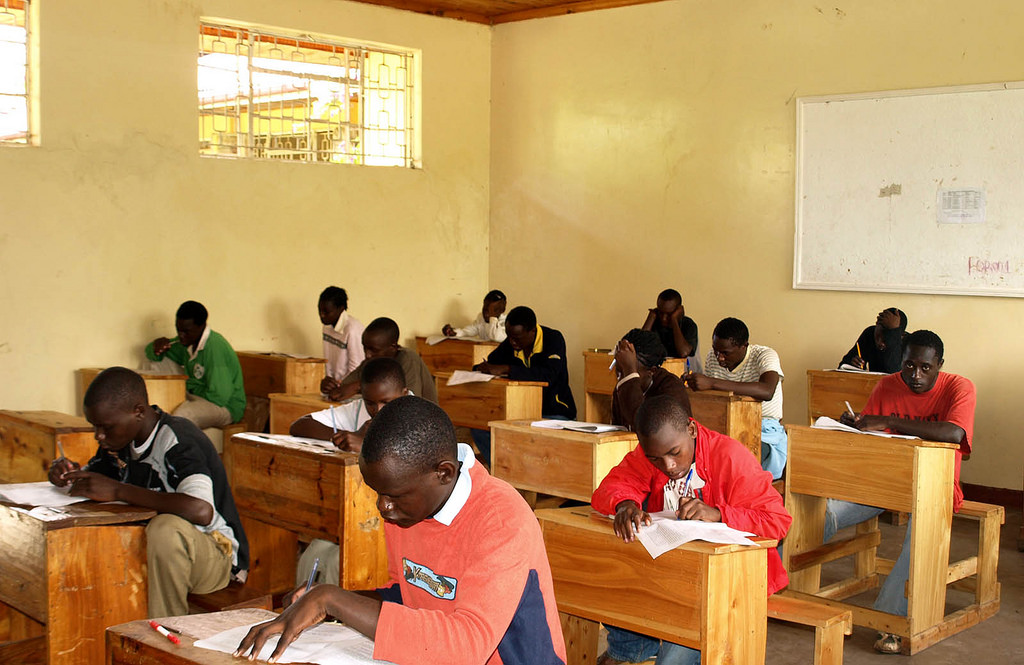by Eric Oldenburg and Lois Thorpe Cox
While the war rages across Ukraine and the news is covered with horrific images and disturbing statistics, the Ukrainian evangelical church is serving the community and living out the principles of the Kingdom of God. Seminaries have been preparing pastors and leaders for decades to be salt and light to the world. While they have done so for the past thirty years since the collapse of the Soviet Union, they are showing their true character in this crisis. This article investigates aspects of seminary training that have led to a church prepared to sacrifice in the midst of crisis, as well as testimonies from graduates to the lessons learned in the classroom that are translating into deep compassion and tangible care of their neighbors. Whatever post-war theological education will look like in Ukraine, there is a relevant and effective core that must be maintained, and, we expect, expanded. The life-giving stories coming out of this time of tremendous tragedy are evidence that something is right, good, and worthy of carrying on.
Read More
